Education for sustainable development
New Narratives - New Competencies
We examine human-environment relationships in an interdisciplinary way, using modern methods of education and knowledge transfer. We convey knowledge about the sustainable use of resources and regenerative energy production. We compare the historical values of the centuries-old miners’ culture with those of today’s living environments. We provide inspiration for the development and implementation of participants’ own future projects. We support the realiszation of the Sustainable Development Goals (SDG), we are a registered as a ESD for 2030 project.
Knowledge, values and actions are aspects of Education for Sustainable Development (ESD) that are applied to the development of organizational competencies. These competencies will enable people of any age to take part in shaping a future-viable world.

Schools
Education builds strength
Cultural experiences serve a society’s process of self-conception. According to UNESCO’s Global Action Program (GAP), these experiences contribute to the implementation of Sustainable Development Goals (SDG) and thus to people’s cultural development as well.
The subterranean tours at the Samson Mine offer entirely new worlds of experience not only with the huge water wheels, but also with the close experience of the historical working world of children in the Harz mining industry.
In these interactive learning concepts and elements of Education for Sustainable Development (ESD) and global learning, it is people and their actions in the past, present and future, as well as at the local, regional and global levels, that take centre stage.

Universities
New learning in new learning environments
In our educational events for universities and research institutes, we deal with the topics of regenerative energy production and the sustainable use of resources. In doing so, we extend the concept of the classical production factors of labour, land and capital by adding modern socio-ecological aspects such as energy, resources and knowledge.
With an interdisciplinary integration of various subject areas, we provide a holistic view of the historical state of mines. Together, we will observe the changes to ecological, economic, social and cultural factors from the past into the present.
In doing so, our learning environments will be historical mines and the great outdoors.

School of Sustainability
“Not for us, but for our descendants” is a typical way of acting in the Harz mining region.
In 1763 the first forest management academy in Germany was founded in the Harz Mountains. It was named “School of Sustainability" and the aim was teaching a responsible use of wood. Today sustainability is more than an economic principle of management forests. Ecologic, social and cultural aspects are seen equivalent. We explain sustainability in the historical location of the emergence of the principle itself, but also illustrate where and how, from today’s point of view, it was not possible to work sustainably. At Grube Samson and in the World Heritage Site we promote the change of culture to a more sustainable one.
We discuss, which values are important to secure a good, fair and healthy life for people all over the world and for all future generations.

